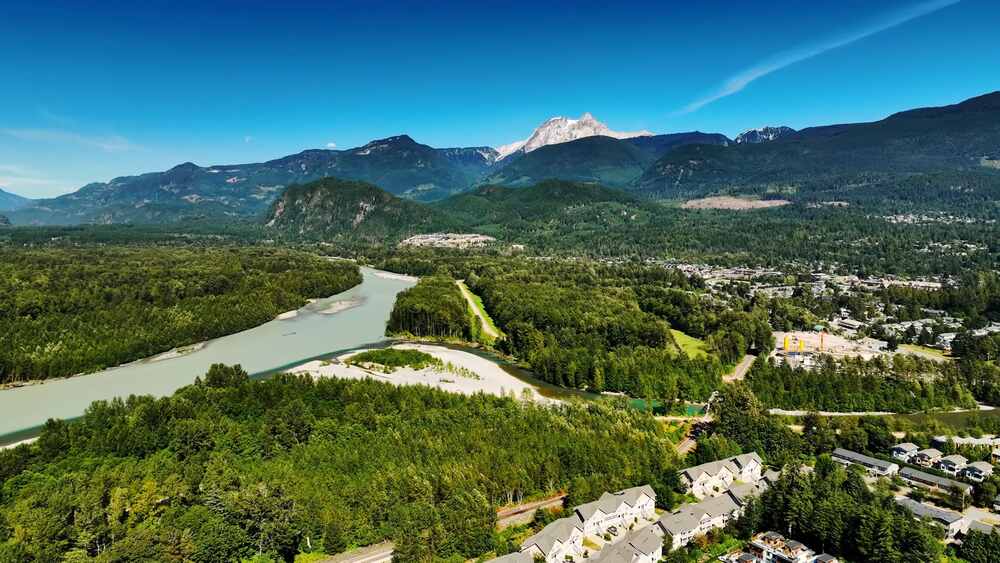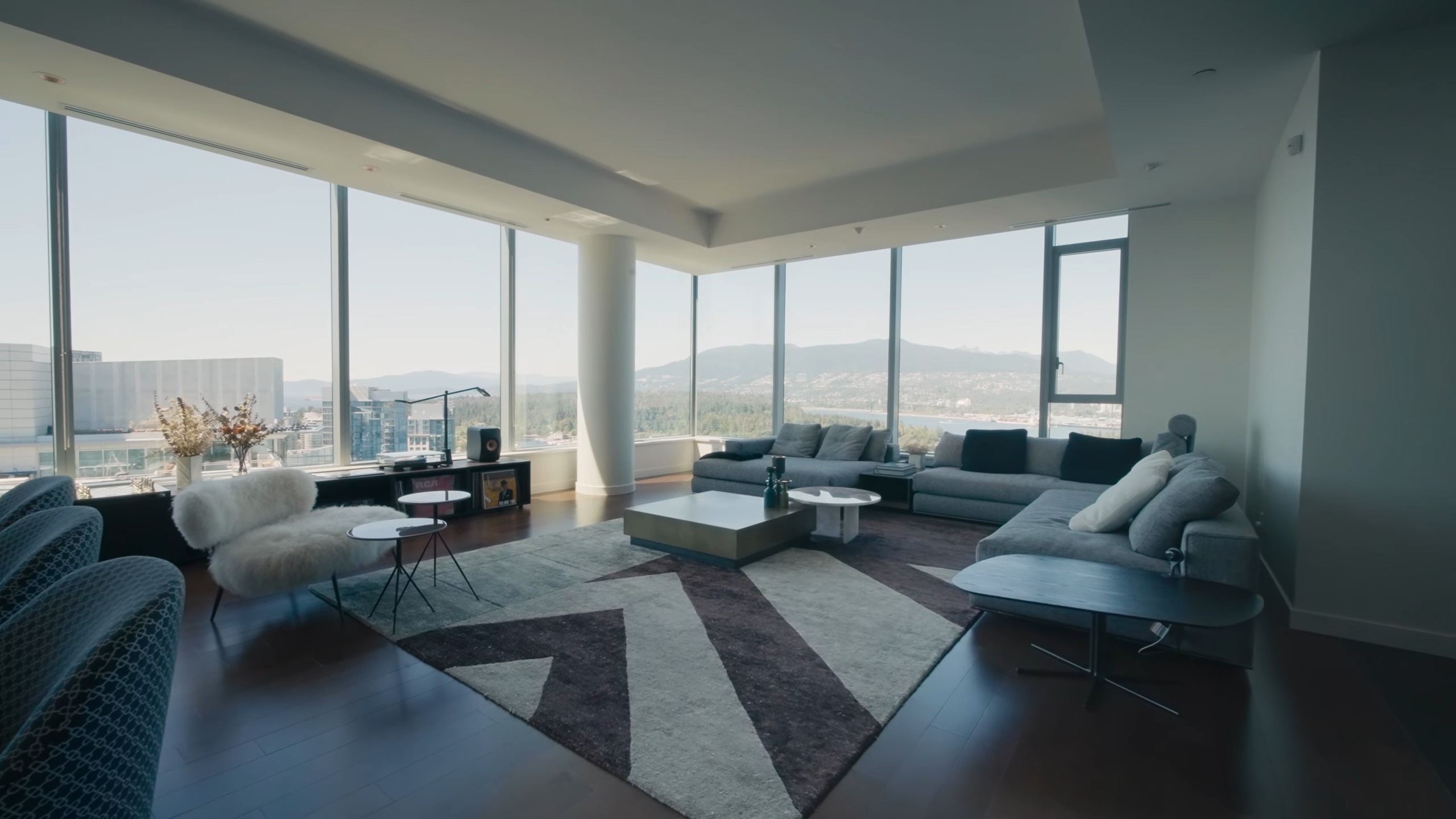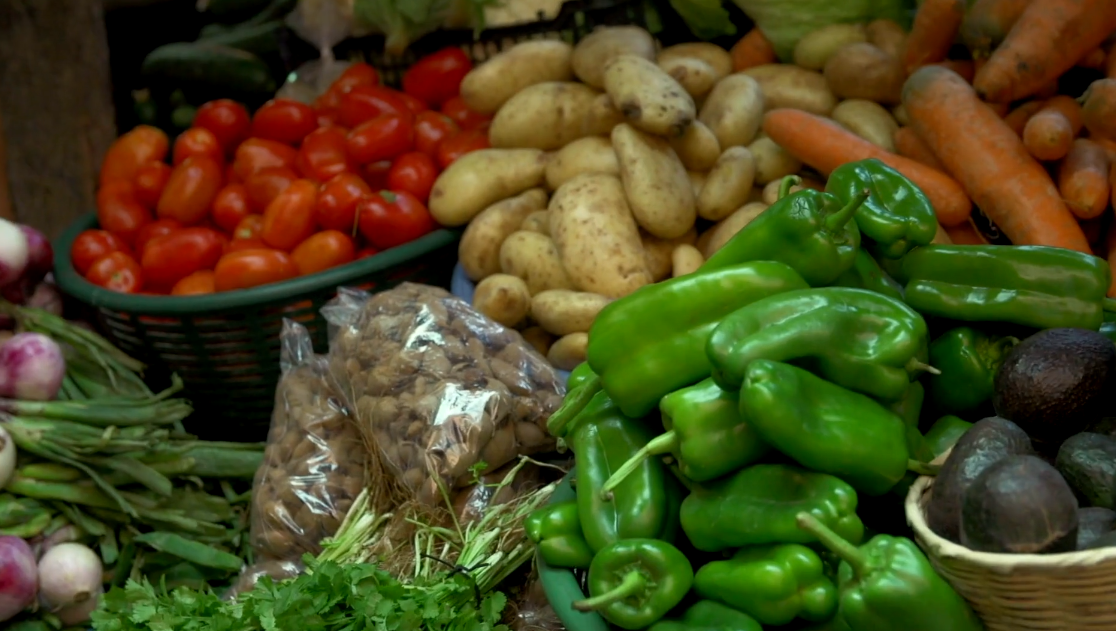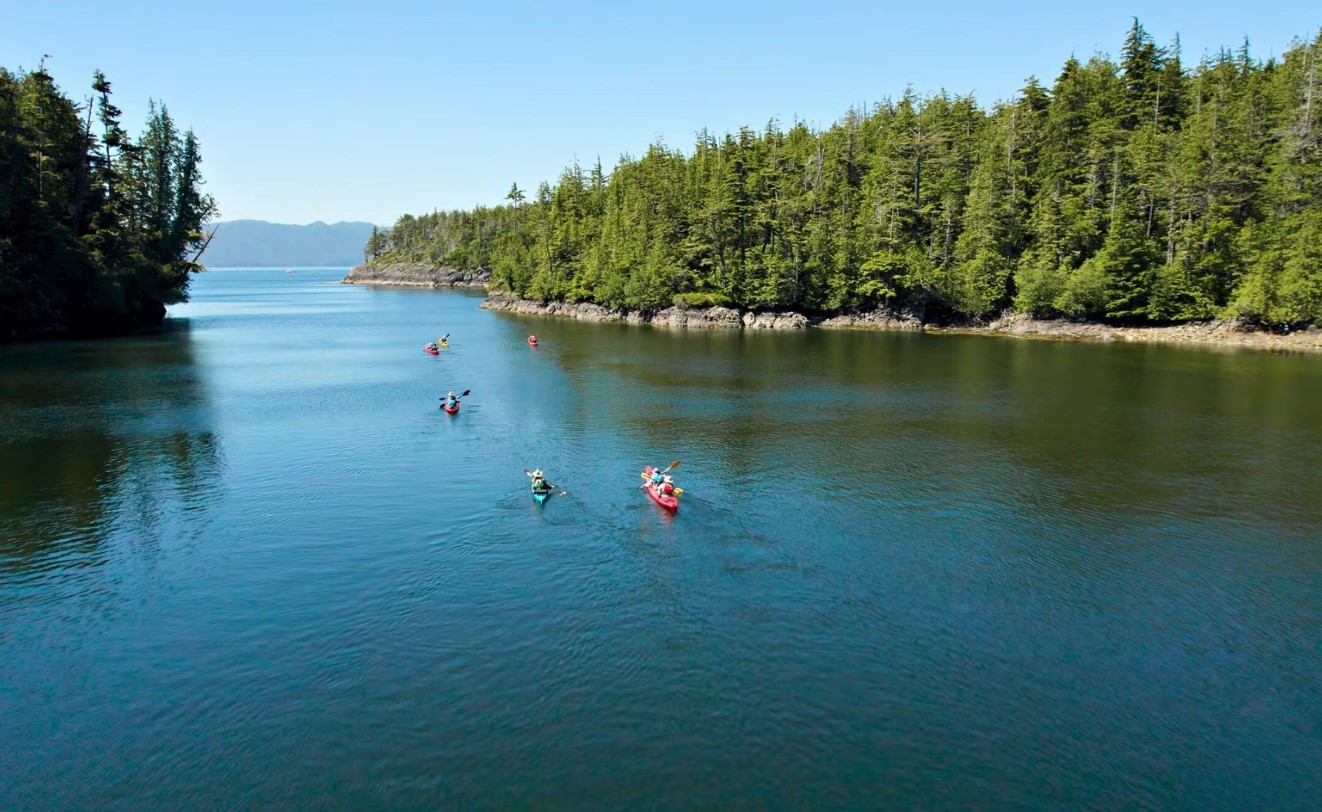British Columbia (BC) is a place of natural beauty, from its lush forests and stunning coastlines to its majestic mountain ranges and vineyards. However, the cost of living in this paradise is often a wake-up call for many. The saying goes that BC stands for “Bring Cash,” and after living here for a while, I can attest to the truth in that statement. In this blog post, we’ll get into the various factors that contribute to the high cost of living in British Columbia.
Why People Love BC
People are drawn to British Columbia for its unparalleled natural beauty and outdoor activities. Whether it’s hiking in the mountains, sailing along the coast, or exploring the vineyards, BC offers a lifestyle that’s hard to beat. But this lifestyle comes at a cost, one that many are not prepared for.
The Reality Check
Before you pack your bags and head to this western Canadian province, it’s essential to understand the financial implications. From housing to food to transportation, living in BC is expensive. In this blog post, we’ll break down these costs and offer some insights into why life in British Columbia can be so costly.
The Current Cost of Living in BC
General Overview
Canada ranks as the 17th most expensive country globally for the cost of living, and BC is no exception. For a single person, basic expenses amount to around $1,362 per month, excluding rent.
Add in the average rent for a one-bedroom unit, and you’re looking at a monthly cost of $3,535 as per Global News. For a family of four, the numbers are even more staggering, with expenses reaching up to $8,113 per month, including rent.
Inflation’s Role
Inflation has been a significant factor in the rising cost of living. The average inflation rate in Canada from October 2021 to October 2022 was 6.9%. However, BC outpaced the national average with an inflation rate of 7.2%. This means that the cost of goods and services is rising faster here than in many other parts of Canada.
Housing: The Biggest Expense
Rent Prices
Renting in BC is not for the faint of heart. In 2022, the average rent for a one-bedroom unit was $2,173, a 16% increase from the previous year. To put this in perspective, the average rent for a similar apartment in Canada is $1,722. If you’re looking to buy, the situation isn’t any better. The average home price in BC is $906,785, the highest in Canada.
Location Matters
The cost of housing varies depending on where you choose to live. Vancouver and Victoria are among the most expensive cities, not just in BC but in all of Canada. However, even in less popular areas, you may find lower housing costs but higher expenses for food, gas, and utilities. It’s a trade-off that you need to consider carefully.
Gas Prices: Fueling the Fire
The Current State
As I read on CBC Gas prices in BC are notoriously high, averaging around $1.56 per litre in early December 2022. This is significantly higher than in other provinces like Alberta, where the average price was $1.25 per litre. One of the main reasons for this difference is the higher provincial taxes in BC.
Fluctuations and Impact
Gas prices can fluctuate daily due to various factors, including global oil prices and local supply and demand. These high fuel costs not only affect your personal transportation but also contribute to higher prices for goods and services, as transportation costs are often passed on to the consumer.
Food Prices: A Big Bite Out of the Budget
The Rising Costs
Food is often the second or third-largest expense in a household budget. Since early 2021, food prices have been on the rise, with projections indicating that a family of four could spend as much as $16,288 on groceries in 2024. On Vancouver Island, the average adult spends about $360 per month on groceries as per CTV News.
Factors Affecting Food Prices
The cost of food isn’t fixed; it depends on various factors like what you eat, where you shop, and whether you dine out or cook at home. In BC, the high cost of transportation and import taxes on certain goods can significantly impact food prices.
Transportation: More Than Just Gas Prices
Public vs. Private Transportation
While gas prices are a significant factor, they’re not the only transportation cost to consider. Public transportation in BC, particularly in cities like Vancouver, can also be expensive. A one-zone adult fare on TransLink, Metro Vancouver’s public transit provider, costs $3.05. If you’re commuting daily for work, these costs add up quickly. On the other hand, owning a car involves not just fuel, but also insurance, maintenance, and parking fees.
The Hidden Costs
Transportation costs also have a ripple effect on other aspects of life. For example, if you choose to live in a more affordable area but far from work, you’ll spend more time and money commuting. This trade-off can affect your quality of life, adding stress and reducing the time you have for leisure or family.
Health and Personal Care: Not to be Overlooked
Medical Expenses
Canada has a publicly funded healthcare system, but that doesn’t mean all your health expenses are covered. Prescription medications, dental care, and other specialized services often come out of pocket unless you have extended health insurance.
In BC, these costs can be higher than in other provinces due to the overall higher cost of living.
Personal Care Items
Items like toiletries, cosmetics, and personal care products also tend to be more expensive in BC. While these might seem like small expenses, they can add up quickly, especially if you have specific brands or products you prefer.
Recreation and Leisure: The Cost of the Good Life
Outdoor Activities
One of the main attractions of living in BC is the plethora of outdoor activities available. Whether it’s skiing, kayaking, or hiking, these activities often require specialized gear and possibly even membership fees. While the experiences are priceless, they do come with a price tag.
Indoor Entertainment
Even if you’re more of an indoor person, activities like dining out, going to the movies, or visiting museums and galleries can be more expensive in BC. For example, a dinner for two at a mid-range restaurant in Vancouver can easily cost $60 or more, not including drinks or tips.
Education: Investing in the Future
Public vs. Private Schools
If you have children, education is another significant expense. While public schools are funded by the government, additional costs like school supplies, extracurricular activities, and field trips can add up. According to Canadian Living Private schools, on the other hand, come with hefty tuition fees, often exceeding $20,000 per year.
Post-Secondary Education
BC has some excellent universities, but tuition fees are rising every year. According to Statistics Canada, the average undergraduate tuition fee in BC was $5,944 for the 2021-2022 academic year. Add in the cost of books, housing, and other living expenses, and you’re looking at a substantial investment.
Job Opportunities: The Silver Lining?
Current Job Market
Despite the high cost of living, BC has a robust job market. Over 100,000 jobs were added in 2021, and the unemployment rate is around 5.3%. The provincial government expects to fill over 1,000,000 positions in the next decade, 80% of which will require post-secondary education.
Types of Jobs Available
The job opportunities are not just in high-paying sectors like technology and healthcare. There’s also a demand for skilled trades, tourism, and service industry jobs. While these might not pay as much, they do offer a way to offset some of the high living costs.
What makes British Columbia so expensive to live in?
More than a third of all Canadians live in the country’s three largest metropolises: Toronto, Montreal, and Vancouver.
These large, bustling cities throughout the country entice young professionals, foreign workers, and immigrants by providing more job opportunities in various fields, cultural diversity, improved infrastructure, facilities, and educational opportunities.
The southwest portion of British Columbia boasts some of the greatest weather in Canada and easy access to some of North America’s top outdoor sports. In comparison to the United States, Victoria and Vancouver have relatively low crime rates. The most recent homicide in the area occurred six years ago, and there are no negative neighborhoods in Victoria.
That is why it is so costly to live here. The skyrocketing real estate prices and rents in Vancouver and Victoria are driven by a shortage of supply in this area of Canada with the most pleasant climate.
Frequently Asked Questions (FAQs)
Is car insurance more expensive in BC?
Yes, car insurance in BC is generally more expensive compared to other provinces. The province uses a government-run insurance system through ICBC, and rates can be quite high, especially for new drivers or those with a less-than-perfect driving record.
What about childcare costs?
Childcare is another significant expense for families in BC. Full-time daycare can cost anywhere from $900 to $1,500 per month per child, depending on the facility and location.
Are utility bills higher in BC?
Utility costs can vary depending on where you live in BC. While some areas may offer lower electricity rates, others might have higher costs for services like water and sewage. Always check local rates when budgeting for utilities.
How does the sales tax in BC compare to other provinces?
BC has a 7% Provincial Sales Tax (PST) and a 5% federal Goods and Services Tax (GST), totaling 12%. This is comparable to or higher than many other Canadian provinces.
Is public transportation a viable option for saving money?
Public transportation can be a cost-effective option, especially in urban areas like Vancouver. However, if you live in a more rural area, a car may be necessary, which brings its own set of expenses.
Are there any rent control measures in BC?
Yes, BC has rent control measures in place. As of 2022, landlords can only increase rent by 1.5% plus inflation, once a year. However, this doesn’t apply to vacant units, which can be priced at market rates.
Is healthcare free in BC?
While Canada has a publicly funded healthcare system, BC residents are required to pay Medical Services Plan (MSP) premiums, although these are income-based. Some services, like dental care and prescription medications, are not covered and must be paid out-of-pocket or through private insurance.
Final Words
Living in British Columbia offers a unique blend of natural beauty and vibrant urban life. However, the high cost of living is a reality that can’t be ignored. From housing to food to transportation, every aspect of life comes with a price tag. But with careful planning and budgeting, it’s possible to enjoy all that this incredible province has to offer.


















